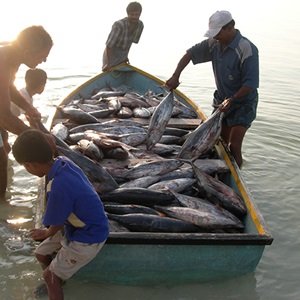Pathways to Sustainability projects are multi-fishery, multi-stakeholder collaborations with governments, scientists, NGOs, and the supply chain that use MSC Fishery Improvement tools as a framework to improve environmental performance.
The Pathway program has a special focus on small-scale fisheries in developing economies. These fisheries supply around half of the global wild fish catch and employ over 90% of workers in the sector yet face unique challenges.
Projects are designed to create the enabling conditions for change, and support fisheries to identify their common challenges, creating critical mass and momentum to support reform across a region.
Funding
Some Pathway projects are supported by donor foundations and philanthropic organisations. One of the earliest projects, Fish For Good, was funded by the Dutch Postcode Lottery.
Since 2022 external funders have contributed via our Ocean Stewardship Fund,
Pathway Projects supported in 2024-25
14 Pathways Projects and 30 fisheries across three regions are being supported by the Ocean Stewardship Fund.
Indonesia
Indonesia is a major fish producer, contributing 8.2% of global catch and supporting about 12 million workers. The country's fisheries face challenges such as data gaps, inconsistent management, and limited tools, threatening sustainability and livelihoods. This project brings together the Ministry of Marine Affairs and Fisheries (MMAF), provincial governments, industry leaders, and academia to tackle these issues and improve tuna, octopus, and sardine fisheries management through workshops, research, and co-creating practical solutions.
Kenya
Fishing is vital to Kenya's coastal communities, especially small-scale fishers, traders, processors, and women. However, the sector faces challenges, including illegal fishing, climate change, and habitat destruction. This project focuses on prawns, crabs, lobsters, tuna, and octopus, aiming to improve collaboration among small-scale fishers, NGOs, and agencies like the Kenya Marine and Fisheries Research Institute (KMFRI) and Kenya Fisheries Service (KeFS) to protect fishers' livelihoods.
China
China produces 85% of the world's bivalves, which support marine biodiversity, improve water quality, and capture carbon. However, overharvesting, habitat loss, and pollution threaten their sustainability. This project will engage regional stakeholders, including local governments and NGOs, to address common threats and promote sustainable practices through collaboration, knowledge sharing, and coordinated environmental actions.
Our Pathway tools
Fishery Improvement Tools
We have developed a suite of improvement tools and templates to support fisheries progressing towards meeting the requirements of our Standard. These tools range from our MSC pre-assessment template, which is widely used by fisheries in FIPs, to our Benchmarking and Tracking tool, which allows fisheries to monitor and report on their progress using our Standard as a baseline.
The MSC Improvement Program
Our Improvement Program supports fisheries committed to achieving MSC certification,
regardless of size or location. Fisheries in the Program must use the defined MSC improvement tools and templates and have their progress verified by an independent assessor regularly for a maximum of five years before entering MSC assessment.
Fisheries verified through the program are eligible to apply for funding from the Transition Assistance Fund, which is part of the MSC Ocean Stewardship Fund.
Capacity Building program
Our Capacity Building program enables fisheries to develop their technical capacity and knowledge of the MSC Fisheries Standard, regardless of size, location, and socio-economic setting. The Program includes training workshops and a practical toolkit for fishery stakeholders who want to gain a better understanding of our Standard requirements, and how to use our improvement tools or implement an improvement action plan.

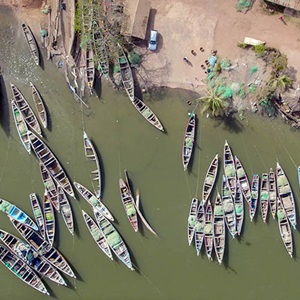
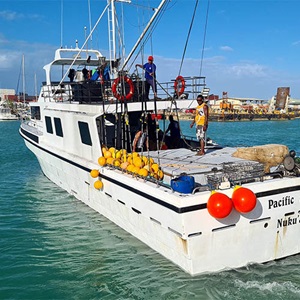
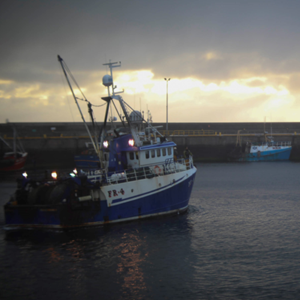
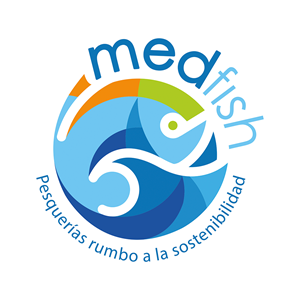
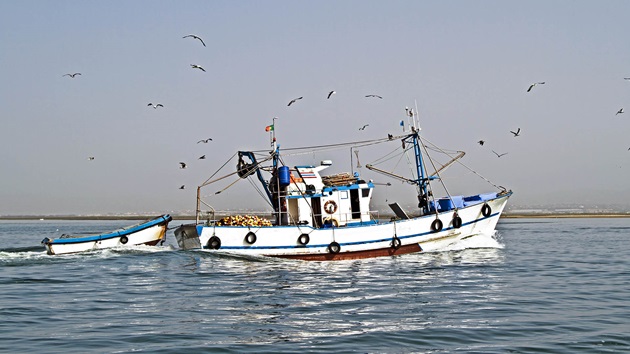
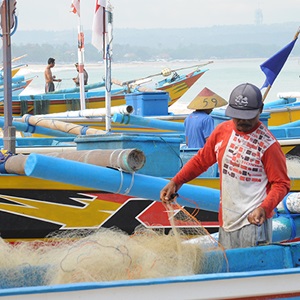
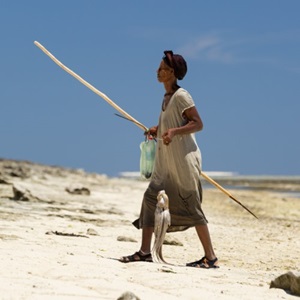
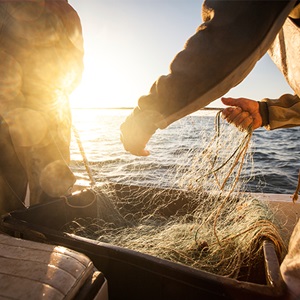
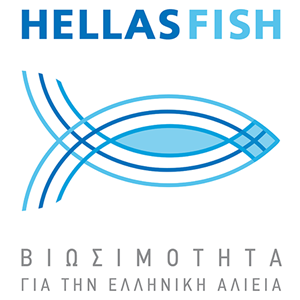
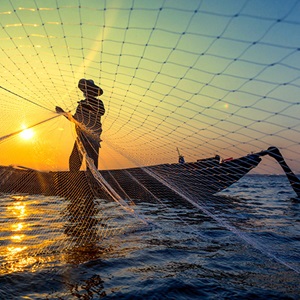
-500.tmb-thumb300.jpg?Status=Master&Culture=en&sfvrsn=651ac8e5_1)
